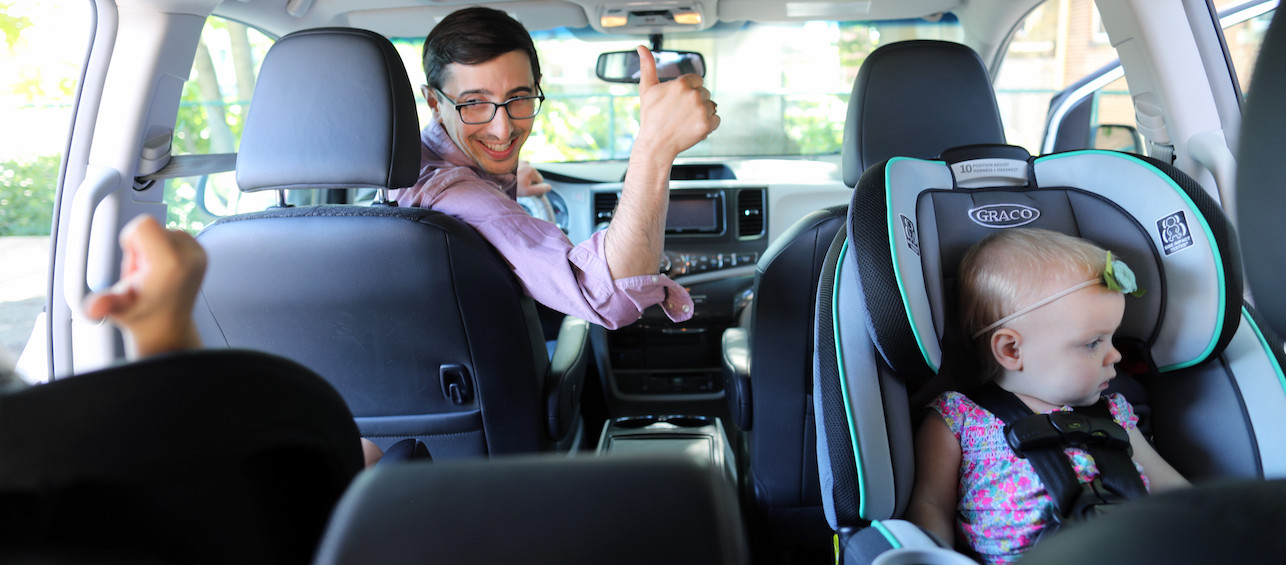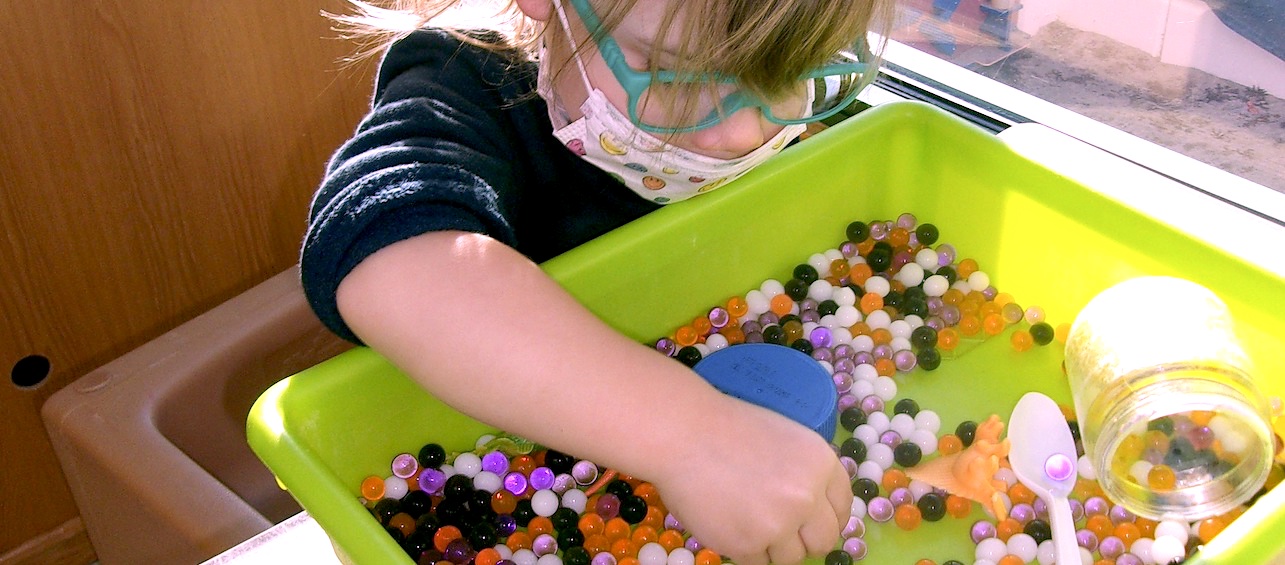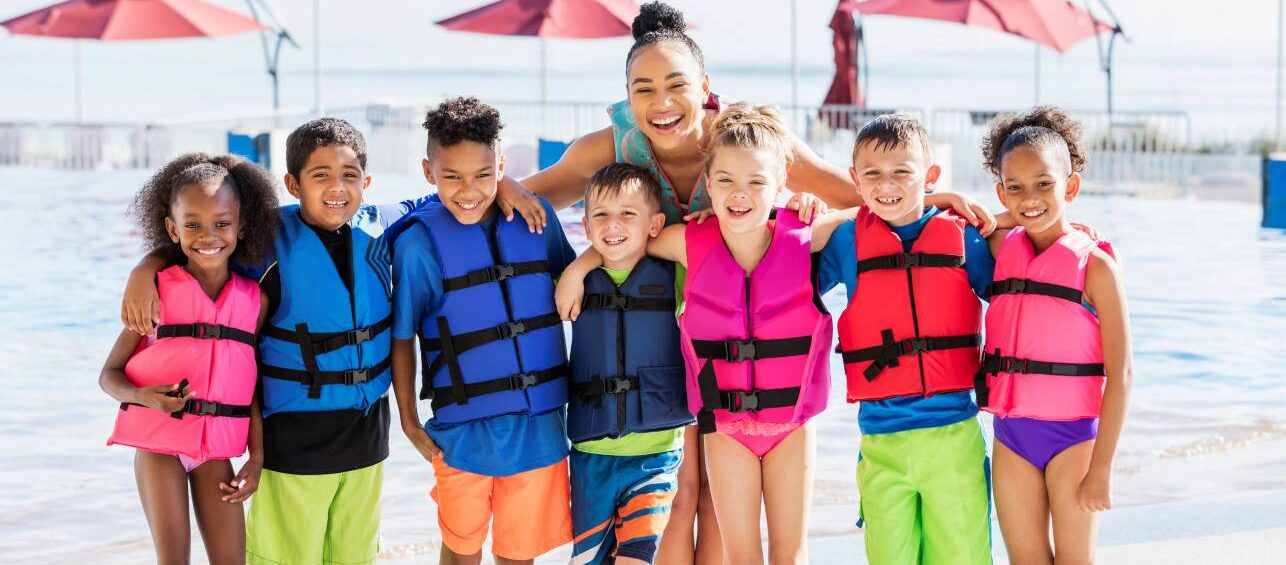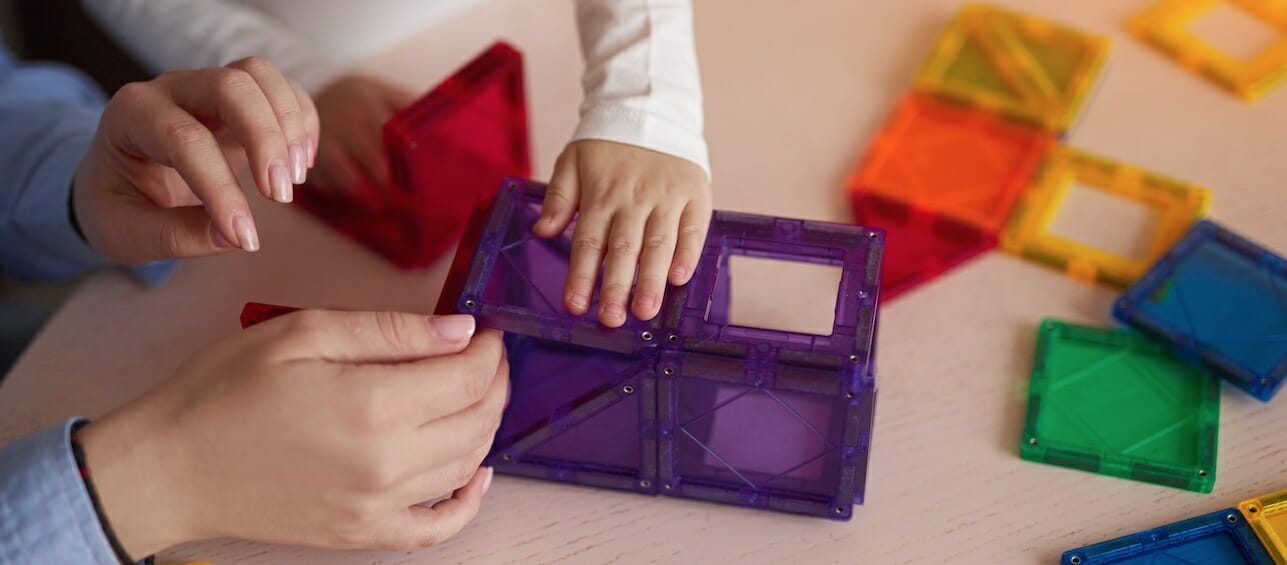Finding the right car seat for your child can be a daunting process. It can be even more difficult when your child has special behavioral or physical needs.
But there is good news; you’re not alone. Whatever challenges you and your child face—physical or behavioral, temporary or ongoing—there is a solution and an expanding network of resources and experts to help you find a seat that will meet all of your family’s needs.
A properly installed car seat can dramatically reduce the incidence of injury and death in vehicle crashes. But until just a few years ago, there were only a handful of manufacturers who made seats for children with special healthcare needs. This meant that parents had an extra challenge with integrating their children into their family’s day-to-day activities if a standard car seat couldn’t meet their needs.
Understanding that children have different needs, car seat manufacturers developed a range of specialized seats and equipment that can protect child passengers of all shapes, sizes, abilities and developmental stages. With proper equipment, more and more parents can transport their children safely and include the entire family in all types of activities.
Below are some of the most common situations that call for special car seats.
Behavioral Needs
Many children with special healthcare needs can exhibit disruptive behaviors, some of which may distract or interfere with the driver of the vehicle. In these cases, there are safeguards to accommodate these behaviors and keep children safe.
Children with a propensity to unbuckle, loosen or reposition their restraints may require a special vest or harness to keep them secure. Parents should not modify the chest clips and straps on a child’s seat, but rather, try out seats that have different kinds of clips that are more difficult for a child to unbuckle.
In addition to finding the right restraints, it can be helpful to introduce soothing techniques to relax children while they are in their seats. One idea is to provide fun toys or activities that are specific to car rides. This gives the child something to look forward to each time they are in the vehicle.
Physical Needs
Children with special positioning needs may require modifications that cannot be made to standard car seats.
Generally, children with poor trunk control will need a restraint that helps them sit up straight or stay in place. Large, specialized seats provide extra support to children who have outgrown a forward-facing car seat, but lack the ability or maturity to use a booster seat.
Children who are smaller or larger than their peers may also require special accommodations. Small children should remain in a rear- or forward-facing car seat with a five-point harness until they have outgrown the height and weight limits of the seat. Larger children may require seats with higher height and weight limits.
Injuries Requiring Casts
Children in hip and leg casts may not fit comfortably or safely in a standard car seat. Depending on the child’s size, they may need to be transported using a car bed, a specialized car seat, or vest. Your child’s medical team may refer you to someone who specializes in transporting children with complex transportation needs.
Find Help Near You
To find a Child Passenger Safety Technician (CPST) in your area who has completed additional training for Safe Travel for All Children course, visit Safe Kids Child Passenger Safety Find a Technician. Enter your location and check the “Special Needs” box in the extra training drop-down menu.
Tune in to this episode of the Cincinnati Children’s Young and Healthy podcast to hear more from one of our certified Child Passenger Safety technicians as we discuss choosing a car seat for your child, transitioning from rear facing to front facing, booster seats and more.
For more information on child passenger safety, including videos on installing car seats properly, visit our Car Seat Safety page provided by our injury prevention specialists, or call 513-636-7865, Option 1.






